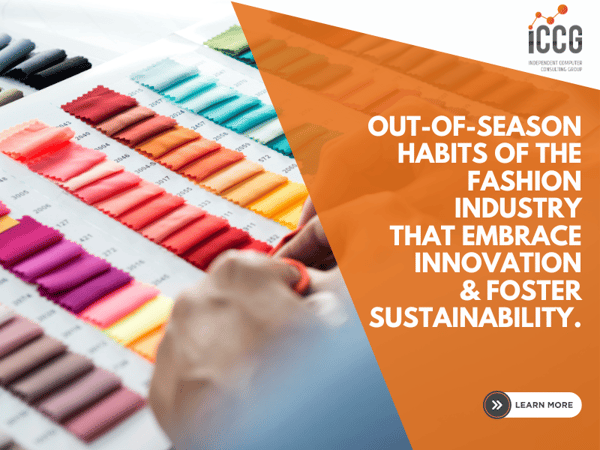In the ever-evolving fashion industry landscape, it's imperative to reassess traditional practices and embrace innovative approaches to foster sustainability. Rather than perpetually chasing the trend treadmill and inundating the market with new products, fashion companies must pivot towards establishing a dynamic ecosystem of services that actively engage consumers in sustainable practices.
The conventional fashion design and production paradigm has led to alarming levels of waste and environmental degradation. McKinsey & Company estimates that a staggering 20% to 30% of clothing produced is discarded each year, amounting to approximately 92 million tons of waste. This unsustainable cycle perpetuates environmental harm and poses significant economic challenges for the industry.
To combat this pressing issue, a paradigm shift is necessary. Instead of fixating solely on product creation, the focus must expand to encompass a multifaceted approach centered on service-oriented solutions. By leveraging emerging technologies like 3D printing and artificial intelligence (AI), fashion companies can embrace made-to-order services, tailoring production to meet demand precisely. This reduces overproduction and fosters individual customization, adding value for consumers while minimizing excess inventory.
This is a summary of a blog written by Helene Behrenfeldt, Fashion Industry & Solution Strategy Director, Infor

Moreover, the industry must prioritize initiatives that empower consumers to participate actively in sustainable consumption. Beyond offering traditional services like repairs and rentals, fashion brands should strive to provide consumers with comprehensive tools to make informed decisions. Digital product passports, equipped with detailed sustainability information accessible via QR codes or RFID, represent a significant step forward. These passports offer transparency regarding a product's origin, materials, energy consumption, and carbon footprint, enabling consumers to make environmentally conscious choices.
However, true empowerment lies in enabling consumers to contribute to sustainability throughout their purchasing journey actively. Imagine a future where consumers receive notifications regarding their carbon dioxide emissions and are offered carbon-neutral purchasing options. Through innovative services, fashion brands can guide consumers towards eco-friendly alternatives, such as renting or buying secondhand, fostering a conscious consumption culture.
As the fashion industry marches towards a more sustainable future, the emphasis must shift from mere product sales to fostering a holistic ecosystem of services. By embracing sustainable practices and empowering consumers to make informed choices, fashion companies can mitigate environmental impact and unlock new revenue streams. It's time for the industry to embrace change, retire outdated habits, and pave the way for a more modern and sustainable future in fashion.
And, as always, contact ICCG to help provide you with insight and information.
Schedule a complimentary consultation to review your questions.

